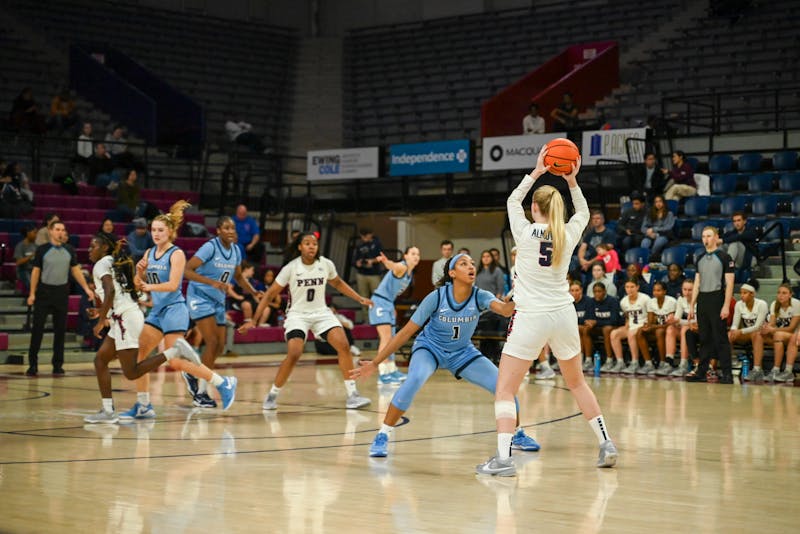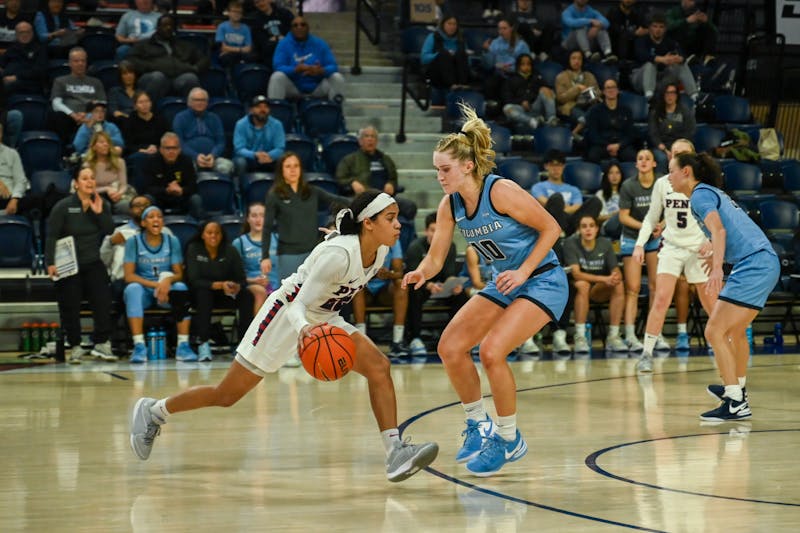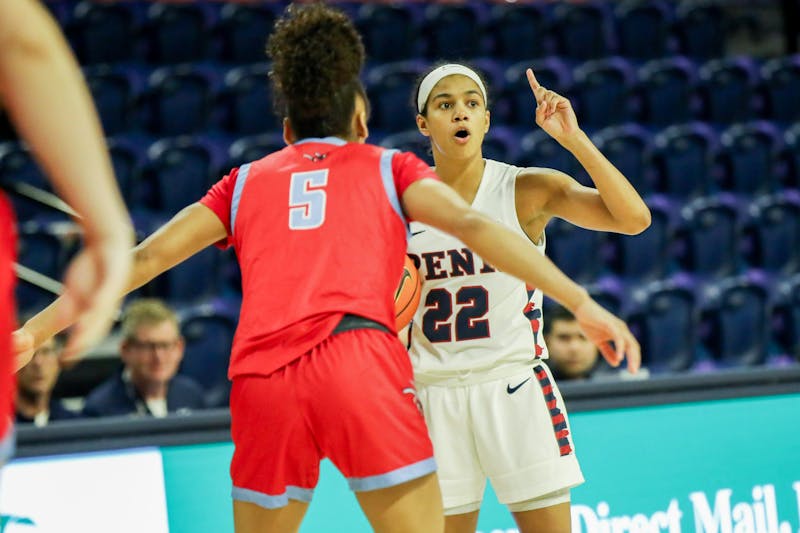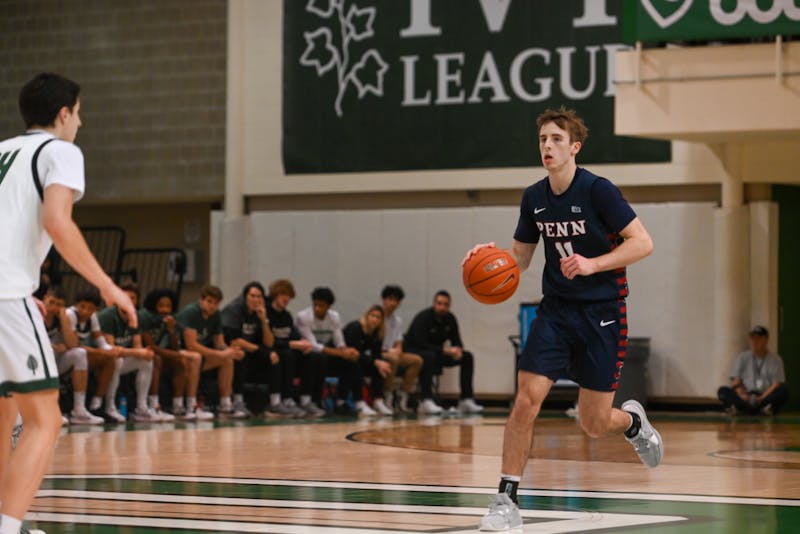
The Center for Media at Risk at the Annenberg School for Communication hosted a panel of journalism experts titled “Presidential Endorsements: A Dying Journalistic Practice?” last week.
Motivated by the news that The Washington Post and The Los Angeles Times would not endorse a candidate during the 2024 presidential election, graduate students and steering committee members of the Center for Media at Risk Liz Hallgren and Anjali DasSarma, organized the March 26 event to discuss the newfound controversiality of endorsements to around 40 attendees.
“We started thinking about this several years ago [...] and our original interest in the topic was related to ‘What do endorsements say about what the role of journalism is in the world?’ It just became even more relevant to do a public-facing event on it when everything happened with the LA Times and The Washington Post this fall,” Hallgren said.
David Mindich, a journalism professor at the Klein College of Media and Communication at Temple University, began the event by sharing his expertise on the history of newspaper journalism in the United States.
“Until the 1820s, most newspapers in the United States were funded by political parties. The parties supported editors by offering printing contracts, paying their actual salaries, taking out advertisements, and offering them and their families government jobs,” Mindich said. “That started to change in the 1830s. The penny press developed a model of independence and took early steps towards what we call objectivity.”
Margaret Sullivan, a weekly columnist for The Guardian and executive director of the Craig Newmark Center for Journalism Ethics at Columbia University, discussed the idea that endorsements challenge that model of independence.
“In some cases, endorsements can still be extremely useful to the public, but I also think that they speak to if readers don't understand that there's a line between the news side and the opinion side, it can make them think that the whole news operation is biased, like they endorsed this person, so they must be on the right or on the left,” Sullivan said.
“That's actually probably not the case because there's a pretty strong wall between opinion and news.” Sullivan added.
While the event was focused on discussing political endorsements, the conversation also touched on other topics, such as the role of objectivity and modern technology in journalism.
“What the endorsement moment prompts us to do is to have these kinds of critical discussions about what journalism is, what it has been, what it can be,” Hallgren said in an interview with The Daily Pennsylvanian.
Matt Brown, a national politics reporter for The Associated Press, shared his sentiments on the future of journalism at the panel.
“I would not see this moment of change and destabilization from everything from technology to politics to culture as a reason to not want to still have a sense of excitement and wonder and ambition of the level and types of storytelling that we do," Brown said. "All this is an opportunity to also tell stories in new and interesting ways."
At the event, the panelists also discussed the role that a newspaper's owner plays in its choice to endorse a candidate.
“It would be really nice if owners, billionaires, would separate their business interests entirely from the news organizations that they run," Sullivan said. "You know that that would be extremely important, but that seems to not be the case."
His statement was echoed by Mindich, who singled out Washington Post owner Jeff Bezos.
"From a business point of view, it doesn't really matter to Bezos that he's capitulated," Mindich said. "But for democracy, it does, right? I mean, [we're] all in the democracy business, right?"
"I do believe in editorial endorsements," Sullivan concluded. "Most voters, most citizens, don't really have the time to do a big research project on judges, or on city council members, or even on mayors or on primaries. And the role of a smart, well informed editorial board who can actually interview these people and do research and make a recommendation is really valuable."
The Daily Pennsylvanian is an independent, student-run newspaper. Please consider making a donation to support the coverage that shapes the University. Your generosity ensures a future of strong journalism at Penn.
Donate











